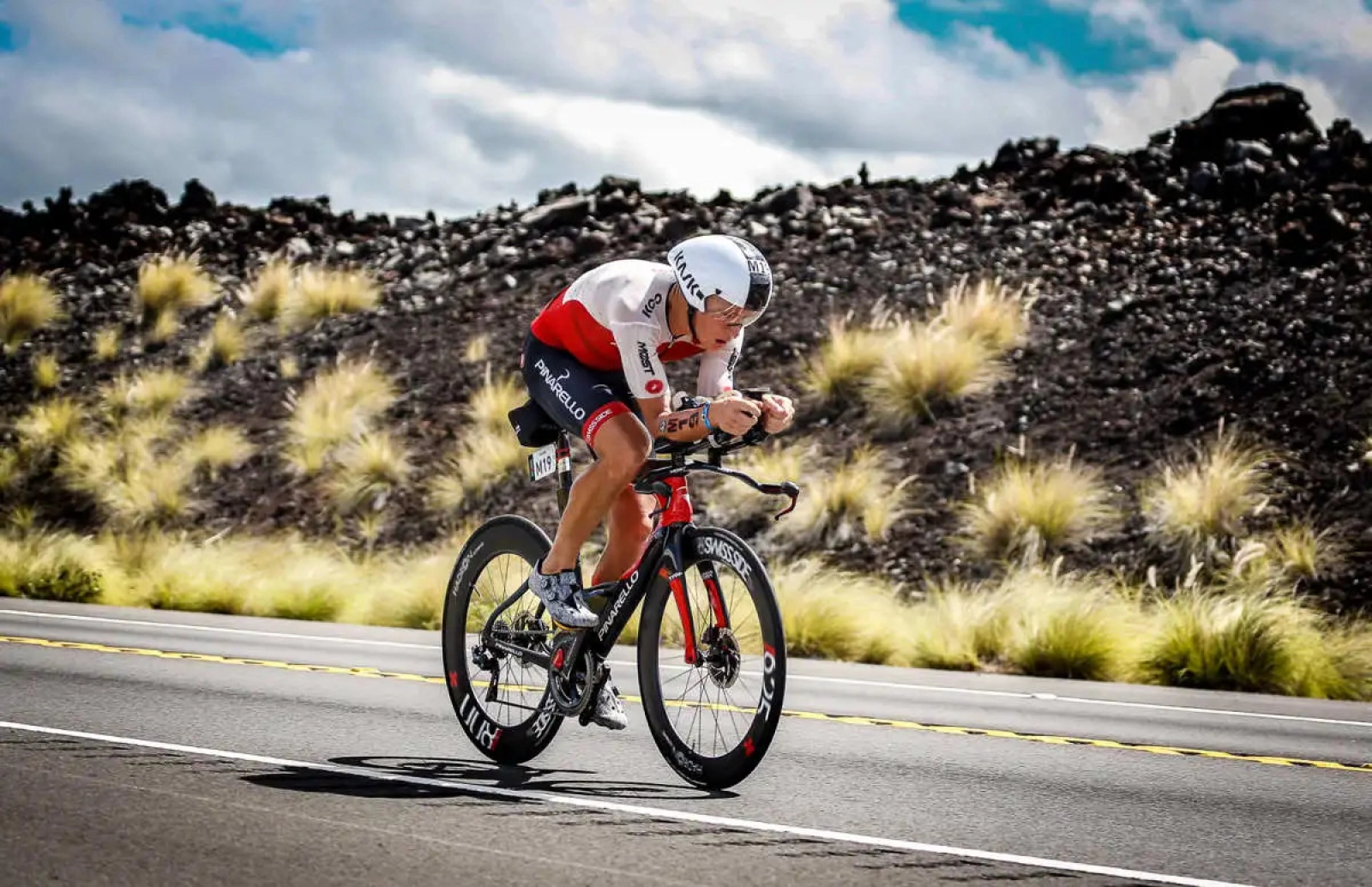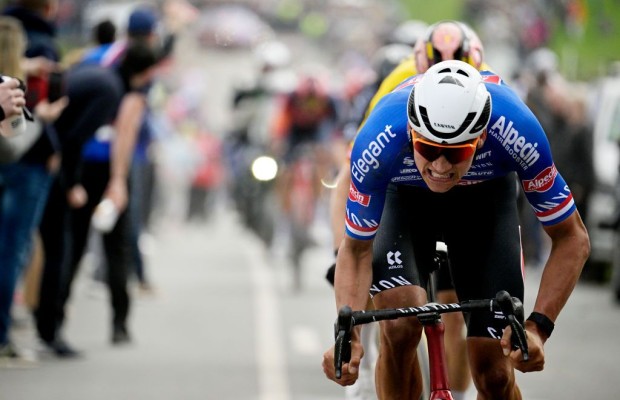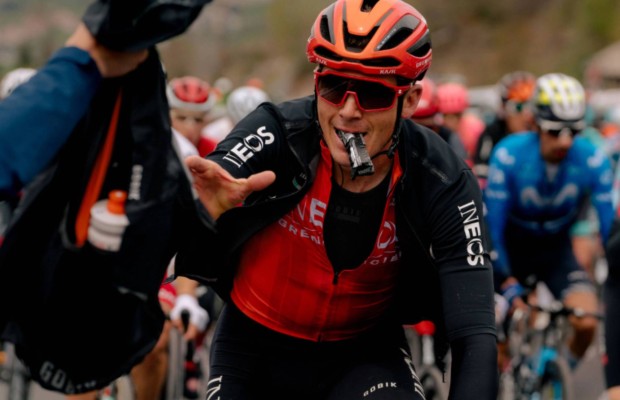Cameron Wurf took 28 gels in 4 hours to ride his bike. Where is the limit of carbohydrates per hour?
Last weekend, triathlete and former professional cyclist at INEOS Grenadiers Cameron Wurf achieved the best time ever recorded in the 180-kilometer cycling segment of the Ironman Texas. A record supported by a monumental nutritional management practically unattainable for most mortals.

200 grams of carbohydrates per hour, Cameron Wurf's madness to make the fastest cycling segment ever in an Ironman
3 hours 53 minutes and 32 seconds, which means covering the 180 kilometers of the bike segment of an Ironman triathlon at an average speed of 46.2 kilometers per hour. All this after swimming 3.8 kilometers and before having to run the 42 kilometers and 195 meters of a marathon on foot.
An authentically stratospheric mark that the former professional cyclist with INEOS Grenadiers Cameron Wurf added to his collection of achievements during the Ironman Texas. An effort that, however, ended up taking its toll during the decisive marathon, if passing a toll can be described as completing it in 2 hours 50 minutes and sending him to the 8th position in the final classification of the race.
RECOMENDADO

What happens if you exceed your maximum heart rate? Risks of pushing yourself to the limit

What are nitrates and why will they give you an extra boost in your performance on the bike?

How to wash your bike at a gas station without ruining it

Tips for staying motivated to go out riding when cold, rain or night lurk

How to choose the right crankset and cassette: a guide to find the right ratio and extend the life of your bike

Can I go cycling with the flu or a cold?

In an interview after the competition, Cameron Wurf explained that the key to his performance on the bike was the risky nutritional strategy he followed, which included the intake of a staggering 200 grams of carbohydrates per hour, a real brutality that very few bodies are capable of assimilating.
In fact, it is usually considered that an intake of 120 grams per hour is already a tremendously high figure although common in elite athletes in endurance sports such as cycling, marathon. However, it is also not new that long-distance triathletes, pioneers for years in many aspects of nutrition in competition, continue to break barriers and beliefs that were assumed in this aspect.

This carbohydrate intake was also accompanied by a tremendous sodium intake, around 1,500 mg per hour, given the high temperature at which the race took place, a figure also disproportionate to the standards.
Cameron Wurf obtained all this energy and electrolytes through the use of gels, after all, the simplest format to digest and assimilate. This meant ingesting the tremendous amount of 28 gels, about 7 per hour although, as the athlete himself stated, "you need a lot of fuel if you're going to run like this".